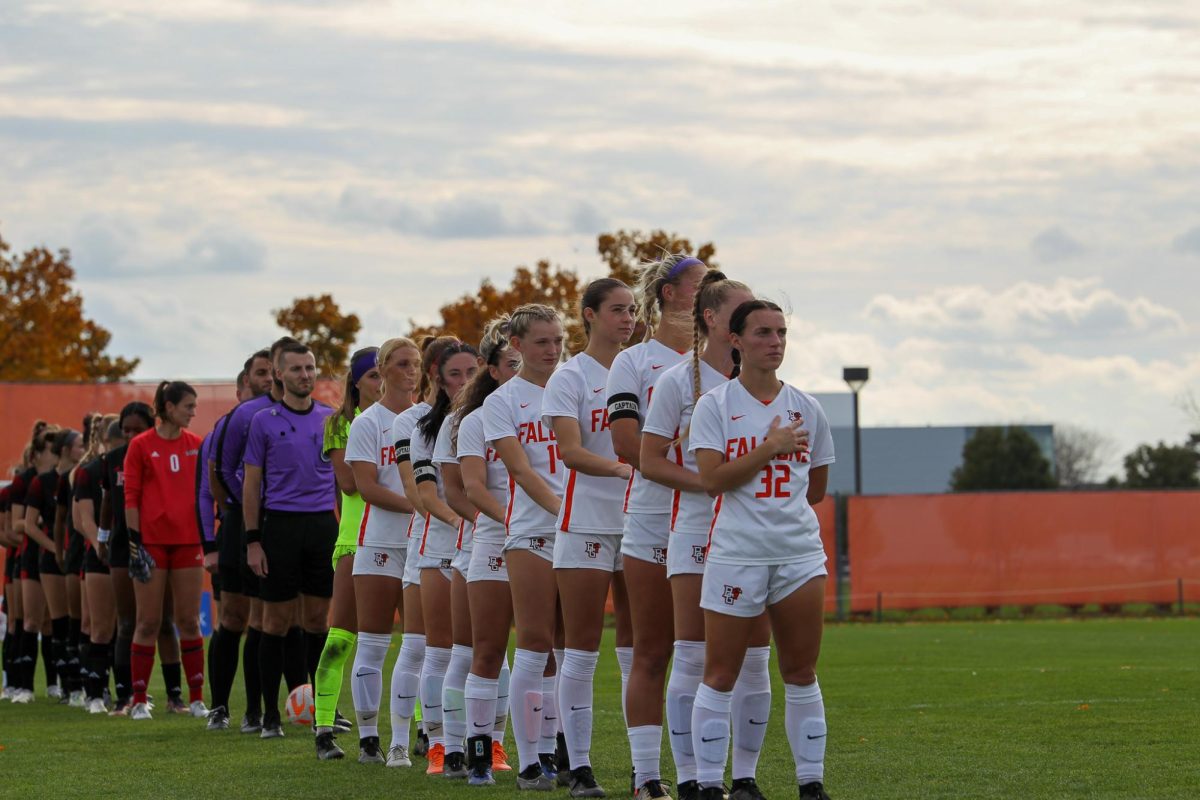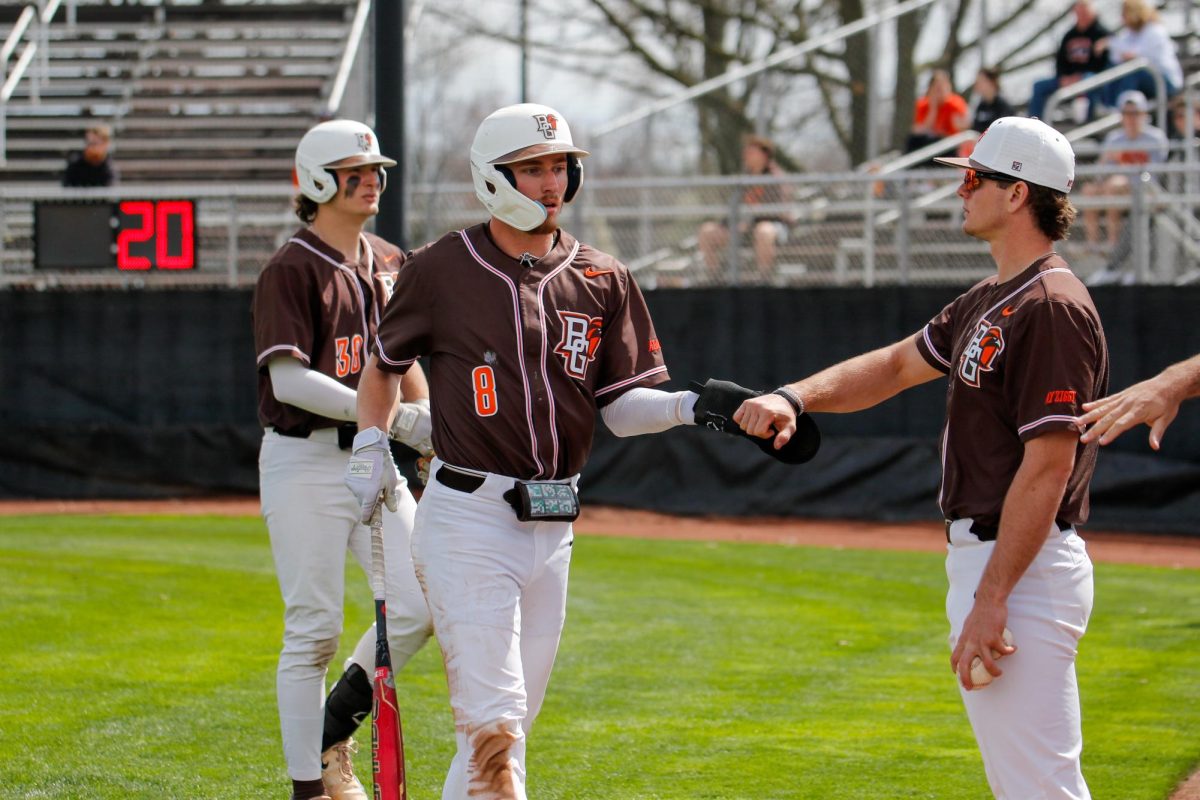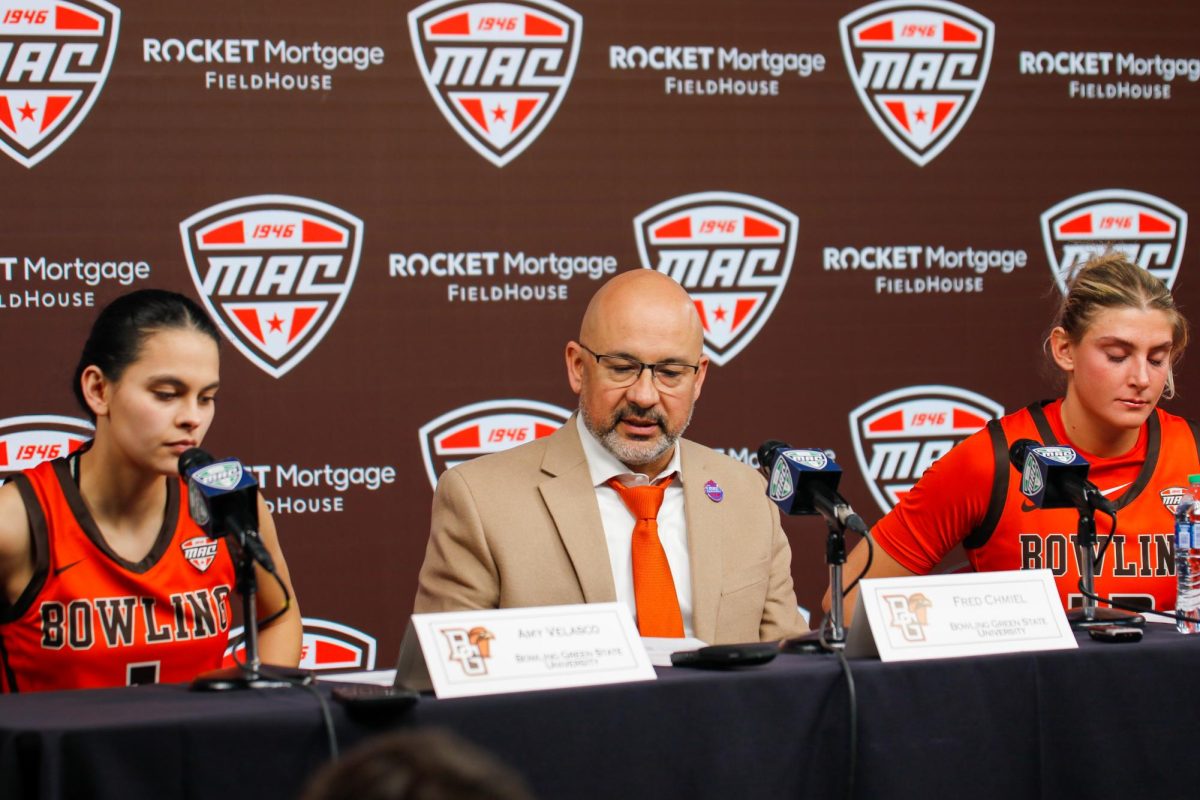Do poor college students subsidize college athletes?
Over the summer, I encountered an opinion article claiming that they do. During the 2010-11 academic year, Division I teams in the NCAA collected more than $2 billion in athletic fees.
It is common for these fees to be hidden under student activity fees or general expenses. After I encountered these facts, I asked myself a few questions regarding college athletics.
How important is college athletics to students? In the sense of pride and ego, college athletics and athletic teams as a whole have a permanent place in American culture.
Economists can even argue that this method is more efficient and sets incentives in the right direction. Why should a college athlete’s incentive to pass a course be only to play in the next game?
These same students don’t have incentives to perform at a high level after graduation once put into a job setting.
What value to former college athletes add to society? Unfortunately, too many times these type of student athletes declare majors that have significantly low market value in the workplace.
As a result, the universities investment on these students doesn’t extend beyond the sports arena.
However, a student with a strong GPA and involvement on campus can easily be considered a better investment for the university and also a stronger incentive to cut fees.
Unfortunately, today’s drops in state funding have handicapped schools like the University who try to create fair tuition costs. Even with these drops in state funding however, the excessive spending on college athletics remain and it’s not just the University, but all schools nationwide that engage in this practice.
Fast forward to today, the real world. The United States has the best engineers, doctors and mathematicians.
Yet, where do we get our best from? Many of them are from abroad.
The U.S. has significantly low math and science standards which have made our students statistically less likely to be successful or even competitive in these professional fields.
Countries like Germany and South Korea have taken advantage of our shortcomings.
Now, where does athletics fit into this innovation? Nowhere.
It’s not fair to say that athletics is detrimental to society either. Many people enjoy engaging in small talk about their favorite teams, and millions of people are employed by this industry.
College athletics also have the capability to transform students into well rounded disciplined individuals.
Incentives for education and athletics shouldn’t be combined.
Doing so leads to controversial expenditures that yield more controversial results. In order for the United States to provide a well-priced high quality higher education, it must consider dropping some of its massive funding for sports and creating more incentives for students.
Respond to Davood at




















